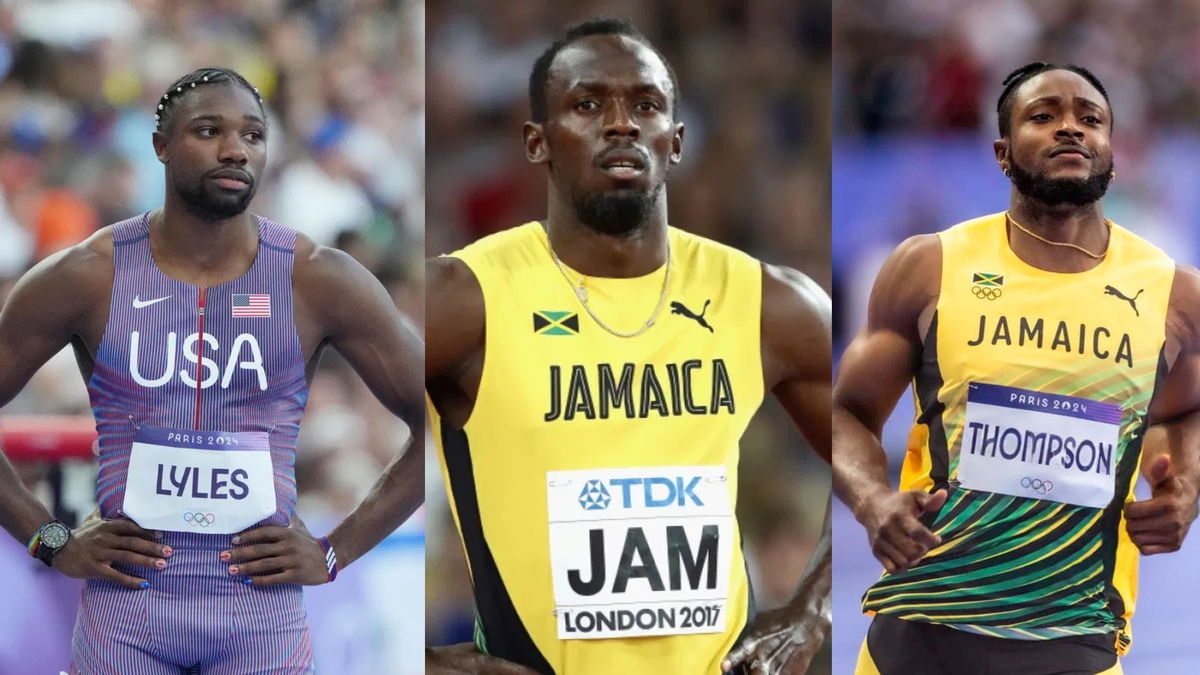
Imago
Credits: Imago

Imago
Credits: Imago
Everyone’s making new season bests, Noah Lyles, Kishane Thompson, Christian Coleman, all pushing the limits, trying to beat their personal bests. But under all that effort is one bigger, bolder mission: to break Usain Bolt’s world records. The Jamaican legend set the bar so high, 9.58 in the 100m and 19.19 in the 200m, that no one has touched it since he retired in 2017. Now, in 2025, the new wave of sprinters isn’t just racing each other; they’re racing against history. Noah has openly said he wants to be the best. He even won Olympic gold in the 100m last year, clocking 9.87, and ran a blistering 19.47 in the 200m this season. But even then, he’s still chasing.
Watch What’s Trending Now!
That’s exactly what sparked a deep conversation on The Final Leg podcast featuring Coach Rob, Anderson Emerole, and former sprinter Anson Henry. They dove into whether today’s generation lacks a true alpha like Bolt, or if sprinting has just evolved into a deeper, more competitive field. Henry pointed out that someone like Kishane Thompson, who ran 9.77 last season, has already posted a faster time than Lyles.
So while Noah is the Olympic champ, others like Coleman and Simbine are also in the mix. In their eyes, this isn’t a weak era, it’s just one without a clear king. The difference? In Usain Bolt’s era, the throne was never up for grabs. He ruled everything from 2008 to 2016, often winning with daylight between him and the rest. And it wasn’t just Bolt.
ADVERTISEMENT
You had Yohan Blake running 9.69, Tyson Gay at 9.69, Justin Gatlin, and Asafa Powell. some of the fastest men ever, all at the same time. That group pushed each other into history. Compare that to today, where the top sprinters often hover around 9.85–9.95, trading wins depending on the day. It’s competitive, yes, but it doesn’t feel historic in the same way Bolt’s era did.
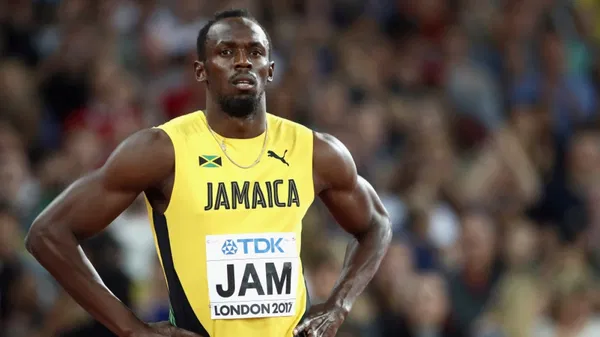
ADVERTISEMENT
So what’s happening? It feels like this generation is running in the shadow of a ghost. A ghost named Usain Bolt. Every season that passes without someone cracking 9.70 just proves how otherworldly those times were. Even with better spikes, tracks, and sports science, no one. Not even with a strong tailwind has it come within sniffing distance of 9.58 or 19.19.
ADVERTISEMENT
Fans don’t even ask for 9.6s anymore, they just want something, maybe a 9.76, anything that reminds them of the old magic. But even that’s rare. And that’s why this era feels different. Talented? Without a doubt. Deep? Absolutely. But still chasing. Lyles, Coleman, Thompson, they’re all trying to be the one. To be him. But Bolt wasn’t just a sprinter.
He was a storm. And until someone matches those lightning-strike times, this generation will keep running, not just toward medals, but in pursuit of a legend that might never be caught. As these debates play out, track and field fans are keeping it real, handing out reality checks left and right.
Top Stories
Scottie Scheffler Faces Scrutiny After Taking Out Anger on Golf Club at WM Phoenix Open: ‘Washed’

Jordan Spieth Throws Bizarre Temper Tantrum as Opening Round at WM Phoenix Open Becomes a Challenge

Rob Gronkowski Demands Severe Punishment for Andy Reid After Bill Belichick Snub

PGA Tour Split Into Two as Scottie Scheffler Confirms Stance on Patrick Reed’s Return

Drake Maye Reveals Shoulder Injury Update as Patriots QB Announces News On Super Bowl Availability

Rickie Fowler Fans Demand Answers Following ESPN’s Controversial WM Phoenix Open Decision
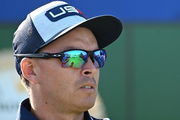
ADVERTISEMENT
Usain Bolt set the bar sky-high, and fans aren’t ready to hand over the crown just yet
One fan added, “Bolts era was more competitive.” Meanwhile, another fan added, “This is a weak a** era. These guys are more podcasters and want to be supermodels instead of pushing.” One more added, “I fw this era but let’s not lie to ourselves… bolt’s gen had records, rivalries, ICON moments. rn it’s just who’s least inconsistent that week.” Well, Usain Bolt’s era was marked by intense rivalries and record-breaking performances.
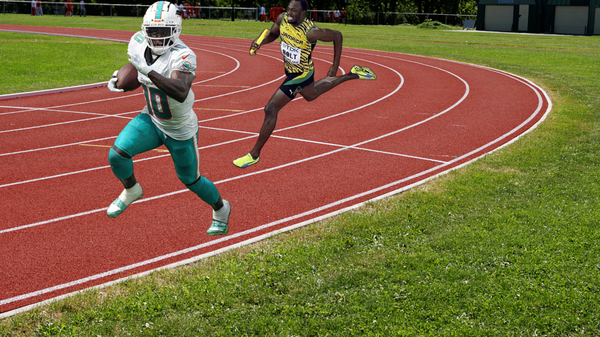
ADVERTISEMENT
Meanwhile, Lyles’ era is characterized by athletic achievement and media presence. Additionally, his YouTube podcast, Beyond the Records, co-hosted with fellow athletes Grant Holloway and Rai Benjamin, offers insights into the lives and minds of elite sprinters. And it reflects a trend where athletes engage in media ventures alongside their sporting careers. Also, Noah Lyles kept talking big leading up to and during the Paris 2024 Olympics, openly bragging about breaking Usain Bolt’s records and taking back sprinting’s throne.
He was all over social media saying things like, “I’m coming for Bolt’s 9.58” and hyping himself as the next unstoppable force. But when the races happened, he only managed to snag one gold medal in the 100m, falling short of breaking any of Bolt’s legendary records. Fans quickly pointed out how his confidence didn’t fully translate on the track, with many calling out that this era lacks the clear dominance and record-smashing performances of Bolt’s time.
ADVERTISEMENT
One more fan added, “There’s levels to this. Bolt wasn’t just fast… he was inevitable. That man changed the game. new gen tryna be contenders, he was the final boss 💀🔥.” Meanwhile, another added, ” this era is talented fr but let’s keep it 100… they all tryna chase one man who retired a DECADE ago 😭 if that don’t say it all…” Well, undoubtedly Usain Bolt wasn’t just “fast,” he was straight-up inevitable.
His 100m world record of 9.58 seconds and 200m record of 19.19 seconds, both set back in 2009, still haven’t been broken over a decade later. That’s insane in sprinting terms, where everyone’s chasing milliseconds. And don’t forget, he did all this while tying his shoelace mid-race. The man snagged eight Olympic golds across three consecutive Games (2008, 2012, 2016), something no one else has done.
ADVERTISEMENT
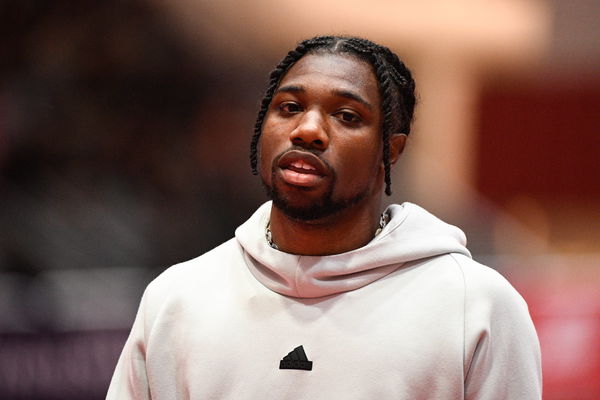
Fans called him the “final boss” for a reason. Because no matter how talented the new sprinters are, like Noah Lyles or Fred Kerley, they’re still chasing a legend who retired ten years ago. It’s almost like the sport peaked with Bolt, and everyone else is just trying to catch up. Plus, Bolt’s impact wasn’t just about speed; he brought charisma, swagger, and global attention to track and field, turning it into must-watch TV.
ADVERTISEMENT
His “To Di World” pose became iconic, and his personality made sprinting fun and exciting for millions worldwide. Sure, the new guys have talent, but let’s be honest, they’re running in Usain Bolt’s shadow, still trying to figure out how to be as dominant, as magnetic, and as unstoppable as the man who literally rewrote the record books and then dropped the mic.
One more added, “CARL LEWIS is an all-time great pal. Lyles is just one of the guys. Lewis dominated the 100 in his early years, not just beating out the guys in second. At times, doing long jumps on the same day. There are Bolt and Lewis as the best male sprinters, then everyone else. A good coach would know this if they had followed the sport.” Well, Carl Lewis is straight-up one of the all-time greats, no debate.
Back in the ’80s and ’90s, he dominated the 100m with a personal best of 9.86 seconds and won an incredible nine Olympic golds across sprints and long jump, sometimes doing both at the same meet, even the same day. That kind of dominance was legendary. Now, Noah Lyles is talented for sure, with a 9.79 in the 100m and multiple world titles in the 200m, but compared to Lewis and Bolt, he’s still “just one of the guys.”
When people say, “There’s Bolt, then Lewis, then everyone else,” they’re pointing to how Usain Bolt redefined speed, while Lewis set the standard for sprint greatness through consistent Olympic dominance and multi-event excellence. The gap between these legends and today’s sprinters is still real, and any good coach who’s followed the sport knows that understanding their legacies is key to appreciating what the new generation is chasing.
ADVERTISEMENT
ADVERTISEMENT
ADVERTISEMENT